Seniors share real concerns about artificial intelligence that everyone should take seriously.
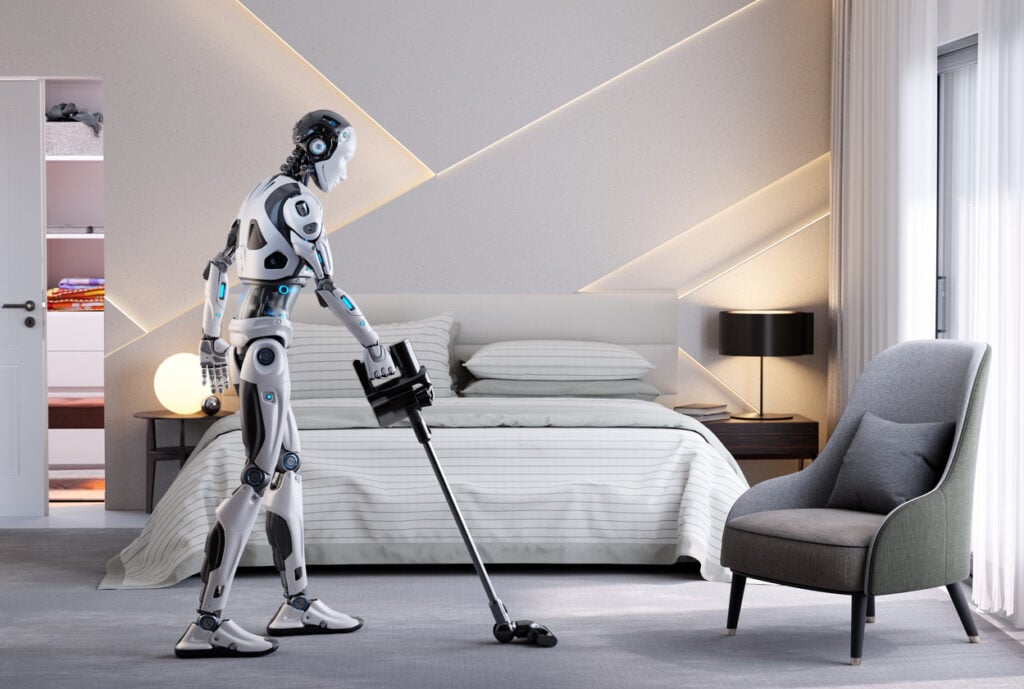
Artificial intelligence is transforming the world at lightning speed, but not everyone is on board. Baby boomers, shaped by decades of innovation and upheaval, harbor deep-seated distrust and fears about the AI revolution—and they may be onto something. These concerns aren’t just generational gripes; they highlight potential risks that everyone, no matter their age, should consider before embracing this technology.
1. AI threatens to eliminate human jobs and livelihoods
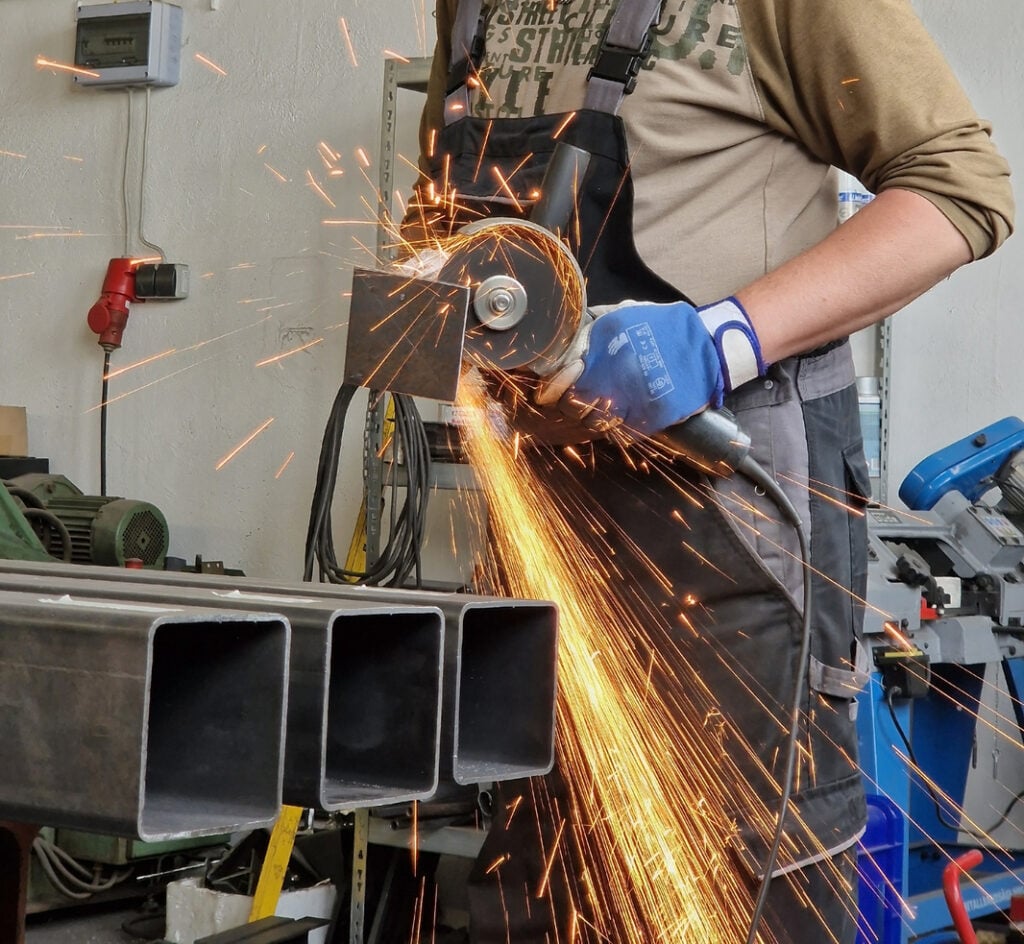
Baby boomers fear AI’s ability to replace human workers across industries, from manufacturing to white-collar professions. Automation could lead to widespread job losses, leaving millions unemployed and financially insecure. While technological advancements have historically created new roles, AI’s rapid capabilities raise doubts about whether society can adapt quickly enough to fill these gaps. For many, the prospect of a jobless future challenges deeply held values about the dignity and purpose of work.
2. AI undermines privacy by collecting and exploiting personal data

AI’s reliance on massive amounts of data fuels concerns about privacy violations. Baby boomers remember a time when personal information was more secure, and the idea of tech companies collecting, analyzing, and possibly selling data feels invasive. This fear grows as AI infiltrates more aspects of daily life, from smart devices to surveillance systems. The question isn’t just how data is used but whether individuals retain any control over it in an AI-driven world.
3. AI decisions lack transparency and accountability, making it hard to trust
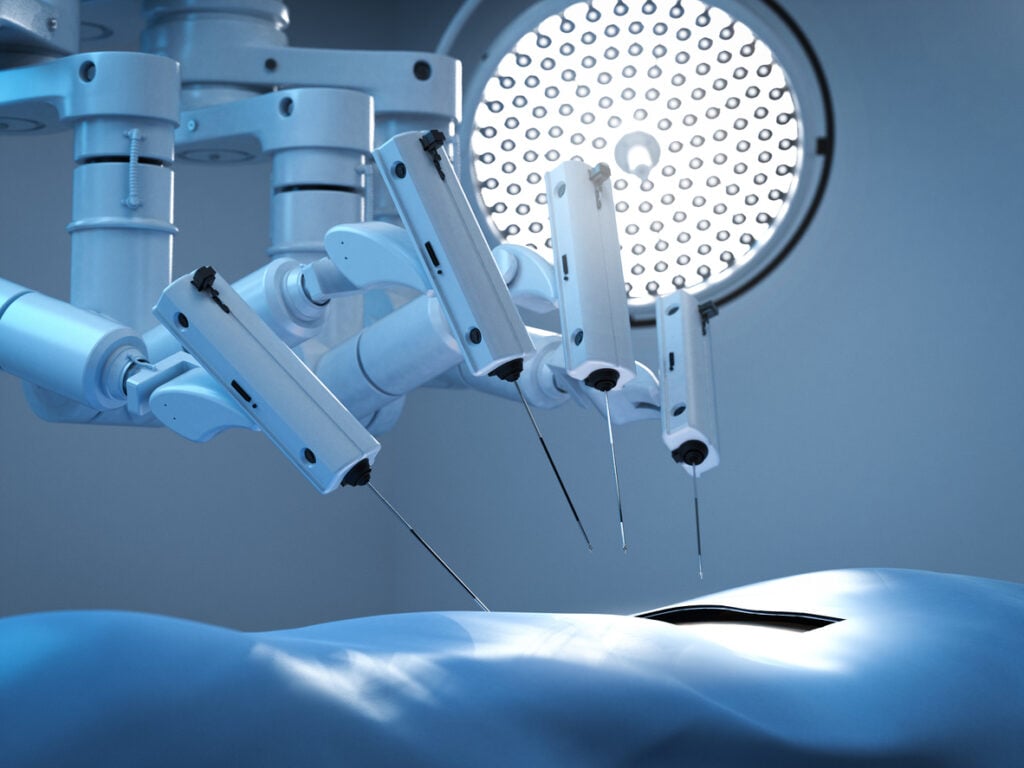
Unlike human reasoning, AI operates in ways that are often opaque or difficult to explain. This lack of transparency makes it hard for seniors to trust AI-driven decisions, particularly in critical areas like healthcare, law enforcement, or finance. When mistakes occur, there’s often no clear accountability, leaving people with little recourse. Many worry this “black box” decision-making will erode confidence in systems that should prioritize fairness and ethical responsibility.
4. AI fosters a decline in human connection and interpersonal skills
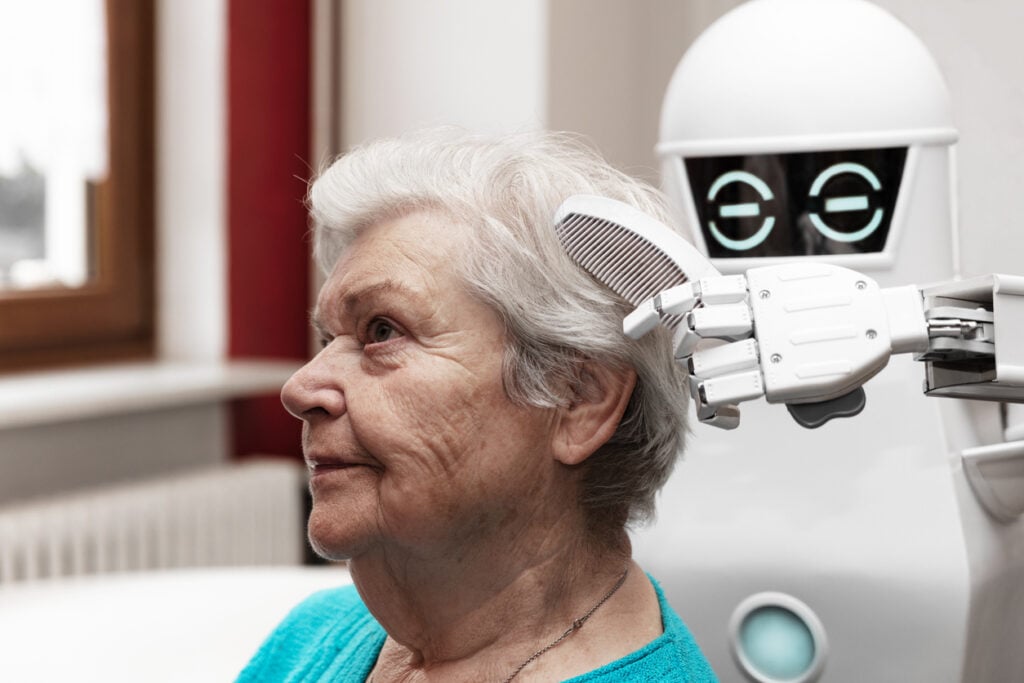
Boomers value genuine, face-to-face interactions, yet AI tools often replace these with automated responses and virtual assistants. This trend raises fears about losing meaningful human connection in favor of convenience. From AI-powered customer service to robotic caregivers, many fear that reliance on machines will diminish empathy and weaken bonds. For a generation that cherishes relationships, these changes feel deeply unsettling and could lead to a more disconnected society.
5. AI will amplify biases and inequalities already present in society

Many boomers worry that AI systems, trained on biased datasets, will perpetuate or even exacerbate existing inequalities. These fears aren’t unfounded; AI has already been shown to discriminate in areas like hiring, lending, and law enforcement. Seniors recognize that flawed systems could reinforce systemic issues, creating even greater divides. Ensuring fairness and inclusivity requires rigorous oversight, but many fear this level of responsibility will be overlooked in the rush for innovation.
6. AI raises ethical dilemmas about its role in critical decision-making
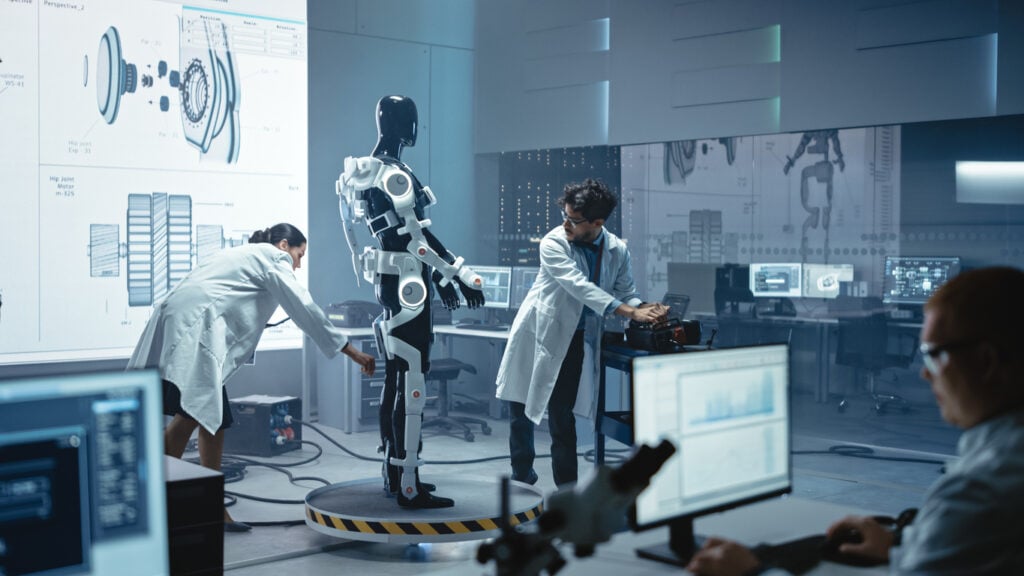
Boomers often question whether AI should be entrusted with life-altering decisions. From diagnosing medical conditions to determining prison sentences, the moral implications of delegating these choices to machines are profound. Seniors fear that relying too heavily on AI could strip away the human element necessary for empathy and judgment. These ethical dilemmas make them skeptical about how AI will shape the future of justice, healthcare, and other vital systems.
7. AI contributes to a loss of personal autonomy and freedom
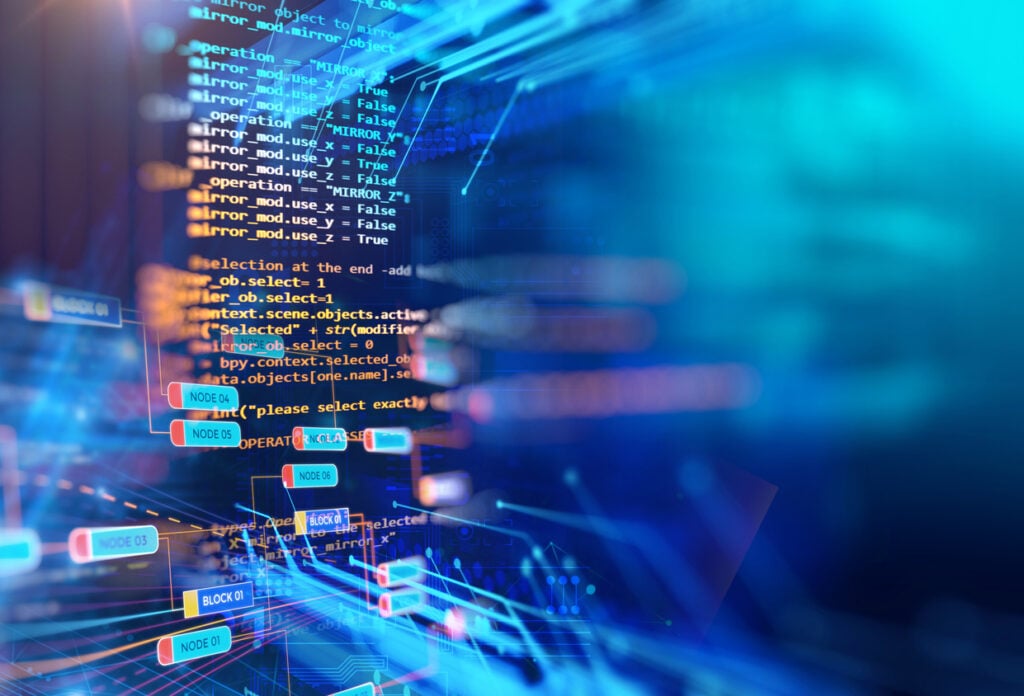
As AI becomes more integrated into daily life, baby boomers fear losing control over their choices. Smart algorithms often dictate what content people see online, which products they buy, or how they navigate their lives. This subtle manipulation undermines personal autonomy, creating a world where decisions feel less like free will and more like AI-driven suggestions. For most who value independence, this erosion of freedom represents a troubling shift in societal norms.
8. AI could lead to dangerous levels of surveillance and control

The rise of AI-powered surveillance technologies sparks fears of an Orwellian future. Baby boomers worry that governments and corporations could misuse AI to monitor and control populations. From facial recognition cameras to predictive policing, the potential for abuse is staggering. Seniors understand that without stringent regulations, these tools could jeopardize civil liberties and erode trust in institutions. For a generation that fought for privacy and freedom, these risks are deeply alarming.
9. AI accelerates the digital divide, leaving some people behind

Seniors are concerned that AI will widen the gap between those who can afford and access new technologies and those who cannot. As AI tools become essential in everyday life, the less tech-savvy or economically disadvantaged risk being left behind. Many fear that this divide could deepen social inequalities, making it harder for certain populations to participate fully in the modern world. Bridging this gap requires intentional efforts to make AI more inclusive.
10. AI challenges human identity by mimicking thought and creativity
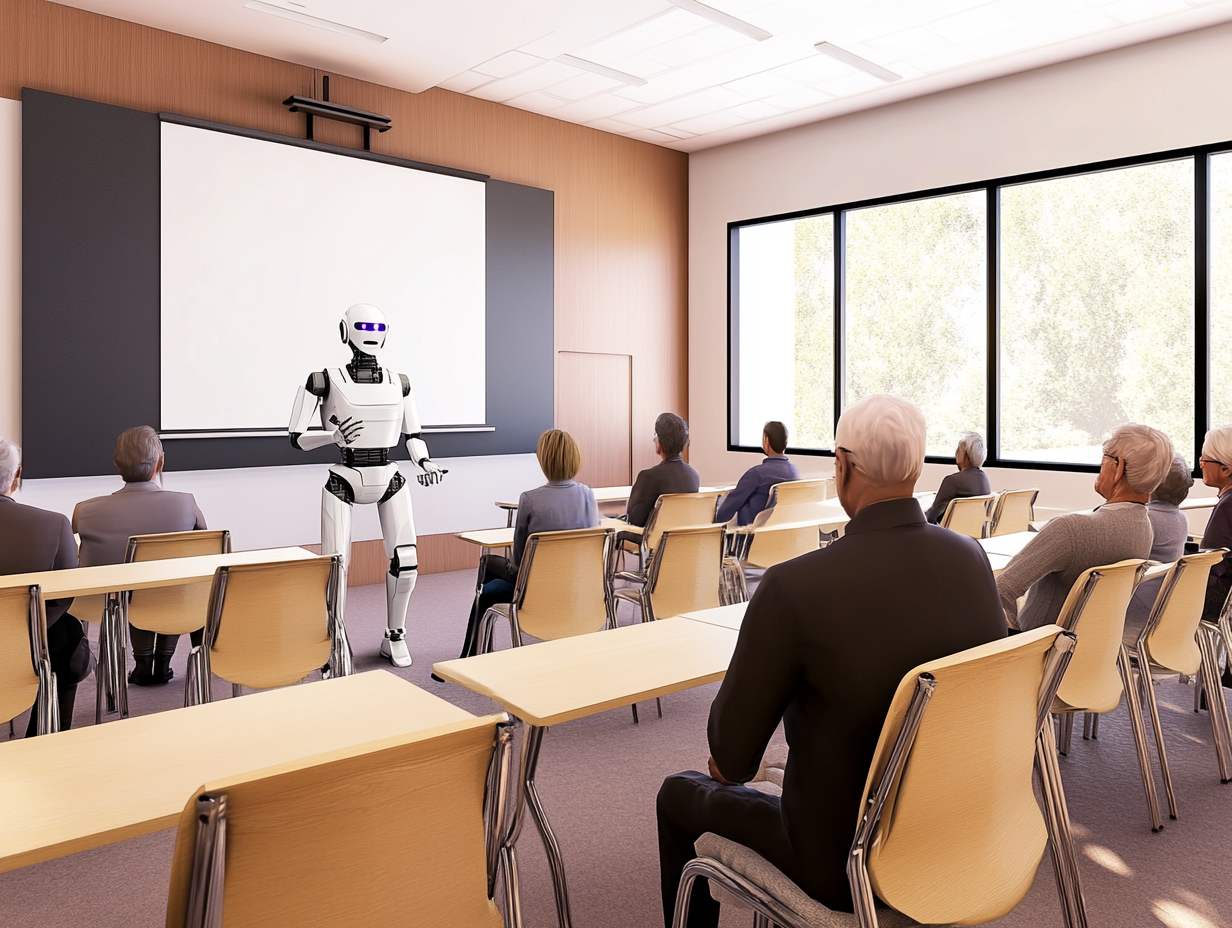
The idea that AI can write, compose, or even create art provokes existential questions for seniors. If machines can replicate human thought and creativity, what does it mean to be human? This unsettling prospect threatens long-held beliefs about human uniqueness and purpose. For many, who value these qualities as defining traits of humanity, AI’s ability to blur these lines raises profound philosophical concerns.
11. AI technologies evolve too quickly for proper oversight and regulation
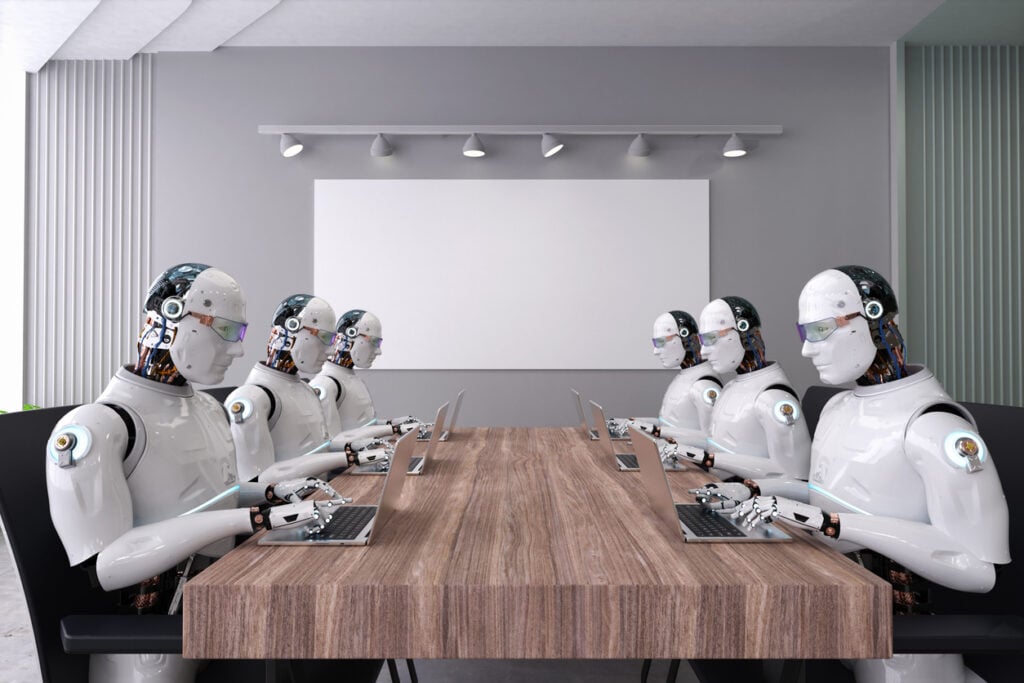
Baby boomers are uneasy with the rapid pace of AI innovation, which often outstrips the ability of governments and institutions to regulate it. Without clear guidelines, they fear AI will be developed and deployed irresponsibly, leading to unforeseen consequences. Boomers believe that slowing down and implementing thoughtful oversight is crucial to avoiding potential catastrophes. Their skepticism stems from a desire for responsible progress rather than reckless advancement.
